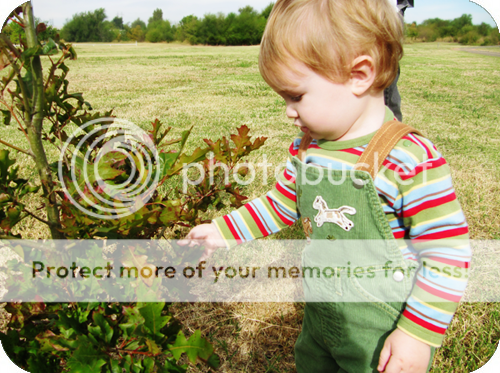When should breasts be censored? This question has been on my mind lately, because there doesn't seem to be any clear-cut answer. Our society both lionizes and villainizes the human female mammaries. With two such opposite reactions to them, how can we say in what situations they're okay to be seen?
For example, take this picture of singer/TV personality
Heidi Montag; does exposing this level of cleavage mean she should be censored?

If you think so, apparently you're incorrect; that picture graced
the cover of Us Weekly magazine in May 2010:

But then again, magazines seem to be able to get away with putting just about anything on their covers. We've become immune to the images of cleavage and
even bare breasts. If their readership will still buy the magazine, the editors have no problem asking women to bare it all for the sake of popularity and fame.
But we all know magazines are not the place to go for a look at the real world, right? After all,
Photoshop has insured that the only way to be perfect is to be digitally retouched.
So magazines are not our source for what to expect as far as breasts are allowed. What about social media sites, where real women and men flock to connect and share photos and information? That would show us a slice of real-world humanity, right?
Wrong.

This picture is the profile image for the group
I love Sluts.
So does that mean there is no real censorship of breasts anymore? Apparently, it does... unless, of course, you happen to be breastfeeding.

Believe it or not, this image of breastfeeding activist Emma Kwasnica was removed from Facebook because it violated their Terms of Use. What part, exactly, does the image violate? If you can tell me, I'd be very appreciative! Here's the message they sent Emma:
"You uploaded a photo that violates our Terms of Use, and this photo has been removed. Facebook does not allow photos that attack an individual or group, or that contain nudity, drug use, violence, or other violations of the Terms of Use. These policies are designed to ensure Facebook remains a safe, secure and trusted environment for all users, including the many children who use the site.
If you have any questions or concerns, you can visit our FAQ page at http://www.facebook.com/help/?topic=wphotos."How, you ask, does the image of Emma nursing her toddler differ in its "nudity" versus the image from the "I love Sluts" group? The theory most women who've been censored by Facebook (and there are many) ascribe to is one of sexuality hindered; after all, in the "I love Sluts" image, women are doing what they should be doing: titillating men and inspiring fantasies. In Emma's breastfeeding photo, the inclusion of a toddler on the breast makes titillation much harder (although, apparently, not impossible... but that's a topic for another day).
So women are censored for exposing their breasts, but only when a nursing infant or toddler is included. This rule seems arbitrary... not every breastfeeding photo is censored, and some of the least objectionable (where no breast is exposed at all and the infant could be sleeping across their mother's lap) are culled simply because someone out there takes offense and reports it to the Facebook higher-ups (for great examples of photos that aren't in any way offensive other than the inclusion of nurslings, look at the first couple of photos
here).
So what does it mean for our society when breasts are used to sell magazines (and
cooking oil, and
skin-care products, and
shower gel, and
snackfood, and pretty much anything else you can think of) but are censored when employed in their evolutionarily intended purpose of feeding infants?
It raises the question that if a women dolled herself up and took a photo of herself breastfeeding with plenty of cleavage exposed, and then posted two versions of the photo to Facebook - one that cuts off at just cleavage exposure and one that shows the full-length photo with the nursling - would both photos be censored, or only the one with a baby? What do you think?
So what's to be done? In a world where women are regularly kicked out of public places for breastfeeding, where photos are deleted from a social networking site, how can we fight back? By normalizing breastfeeding.
Nurse in public. Don't be afraid of what someone might say; most states have
laws protecting breastfeeding mothers.
Publish photos of yourself nursing your babies and toddlers. If they get deleted, put them up again. If your account gets deleted, fight back (believe it or not, Emma Kwasnica's had her account deleted and reinstated multiple times for violating the Facebook Terms of Use... by posting breastfeeding pictures).
Talk about breastfeeding. Talk about it to coworkers, to family members, to friends.
But most of all, don't allow yourself to be censored for doing what is biologically correct for both you and your growing child. They don't have a voice to fight back; you do.

















































